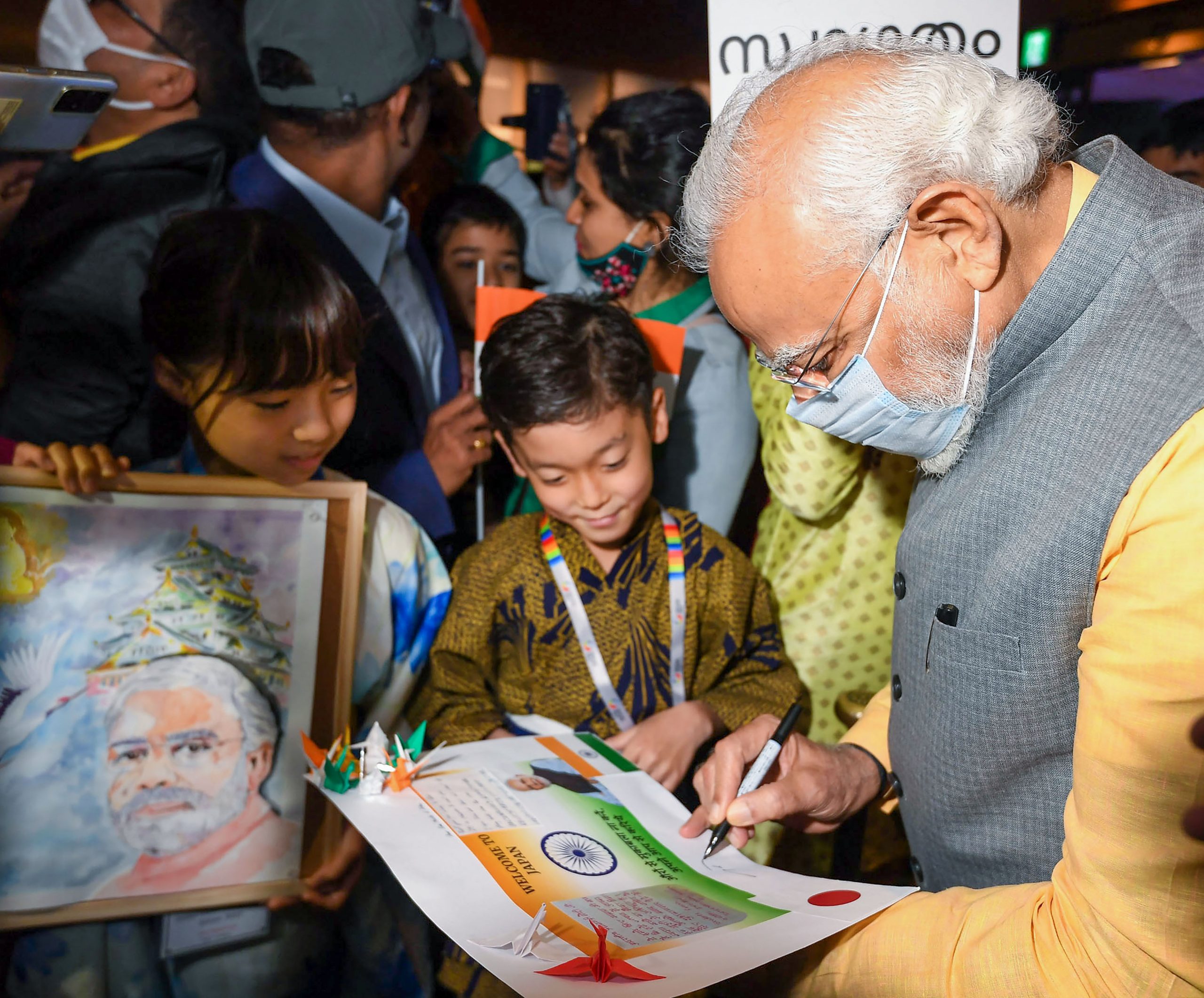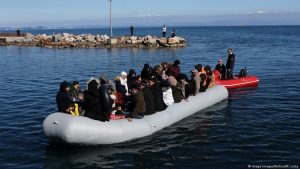The Quad,
or Quadrilateral Security Dialogue, begins Tuesday. The coalition, which
China had once described as the Asian NATO, is convening a summit at a time
when the Russian invasion of Ukraine has put serious questions on the global
security dynamics. Rising Chinese influence
in the Indo-Pacific region has been a concern for the Quad nations – Japan,
India, Australia and the United States. As such, what comes of the Quad summit
and China’s response to the same is critical for the future of the
Indo-Pacific.
For India, the
Russia-Ukraine crisis has portended a new world order, where its doctrine of
non-alignment, of the kind this billion-strong nation practises, may not be
possible. While India has condemned the violence in Ukraine, it has steered
clear of condemning the Russian State, something that has earned the
disapproval of the United States and much of the West.
Indian Prime
Minister Narendra Modi arrived in Tokyo on Monday. Prior to his leaving for
the summit, Modi, in a statement issued by him, said that the “Quad Leaders’
Summit will provide an opportunity to review the progress of Quad initiatives. We
will also exchange views about developments in the Indo-Pacific region and
global issues of mutual interest.”
India’s
involvement in the Quad has become more and more crucial because of Beijing
continues to breath down its neck. Chinese
aggression on Indian borders has led New Delhi to reach out to its partners
in the Indo-Pacific, just has Japan has had to reach out to the United States.
On Monday, US President
Joe Biden told Japanese PM Fumio Kishida that the US is committed to the
security of Japan. In another statement, one that is sure to have massive
geopolitical consequence, Biden said the United States would use force to
defend Taiwan.
While India will not
be looking for active US intervention in any geopolitical premise, India’s
object at the Quad will be to bolster the security alliance and also talk about
business ends. Modi is set to talk business with the Japanese PM as well as Australia’s
newly-elected prime minister Anthony Albanese.







